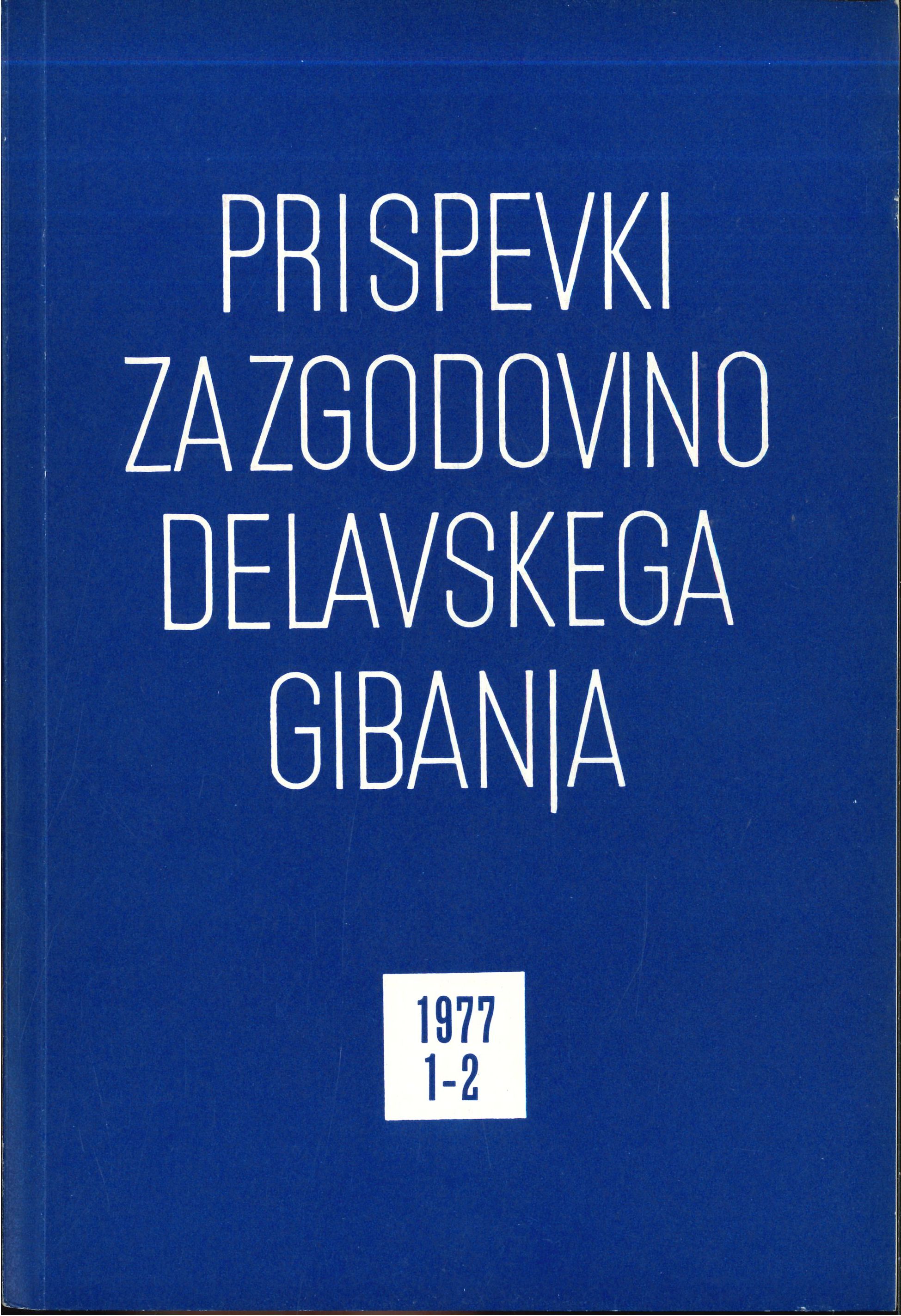On the Relations between Italian and Slovene Socialists in Venezia-Giulia
Keywords:
Avstro-Ogrska, Trst, nacionalno vprašanje, Delavska zveza, socialisti, Julijska krajina, Italijani, SlovenciAbstract
Until the disintegration of Austria-Hungary, the activity of labour parties in Trieste was encumbered by then national question. Confederazione operaia (Worker's Confederation), the first legal socialist organization in Venezia-Giulia, was organized in three sections: the Italian, the Slovene and the German. The fundamental problem was cooperation between Slovene and Italian proletariat. The latter regarded the notion of a nation as a cultural value only, while Slovenec considered the national idea also a factor of social liberation. In spite of the difficulties in mutual relations due to the differences between non-qualified Slovenes and qualified Italians, as well as because of bureaucratization and sympathizing with the Irredentist movement of a part of the Italian leaders, cooperation did exist all the time. Pittoni and Tuma in particular made great efforts towards this end. Unfortunately, the leaders of the two sections of the Trieste proletariat never discussed the national idea and its role in the struggle for social liberation. As a result, the socialist movement in Venezia- Giulia experienced grave tests in the year 1918.
Downloads
Published
Issue
Section
License
Authors who publish with this journal agree to the following terms:
- Authors retain copyright and grant the journal right of first publication with the work simultaneously licensed under a Creative Commons Attribution License that allows others to share the work with an acknowledgement of the work's authorship and initial publication in this journal.
- Authors are able to enter into separate, additional contractual arrangements for the non-exclusive distribution of the journal's published version of the work (e.g., post it to an institutional repository or publish it in a book), with an acknowledgement of its initial publication in this journal.
- Authors are permitted and encouraged to post their work online (e.g., in institutional repositories or on their website) prior to and during the submission process, as it can lead to productive exchanges, as well as earlier and greater citation of published work (See The Effect of Open Access).


